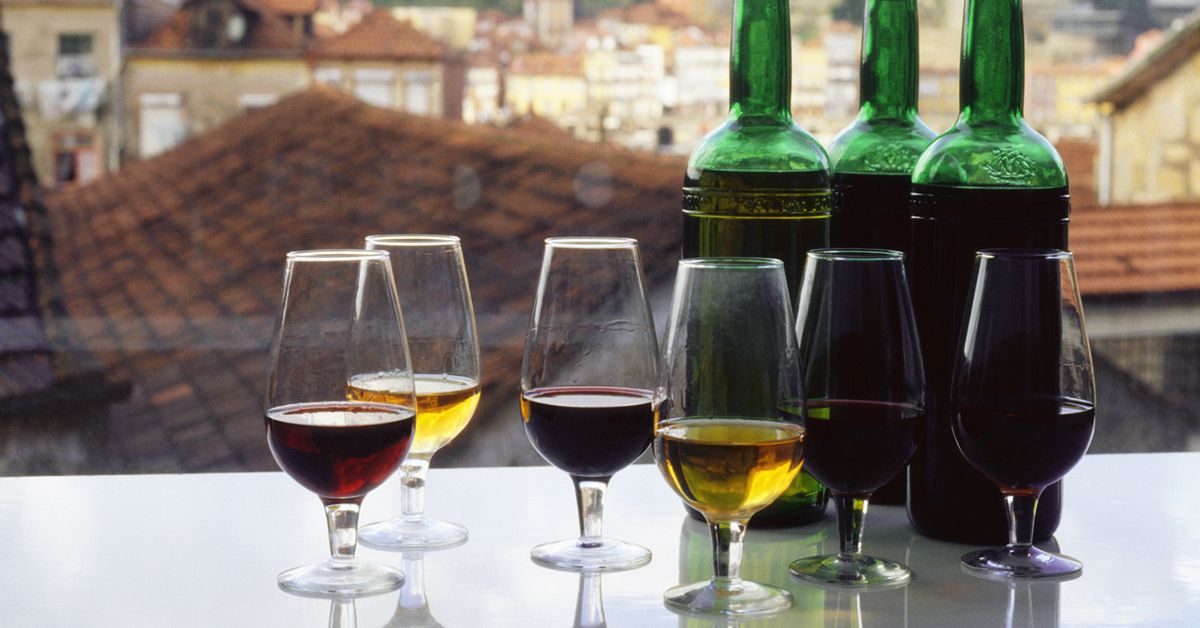Wine clubs come in all shapes and sizes and varieties. I don’t know how long Douro wine clubs have been around but over the past 30 years I have been a member of my share of them. The whole concept of a “wine club” seems to be somewhat of an oxymoron. In a traditional sense, I suppose a club should be something that has a social component in addition to an economic, educational or at least a value added proposition. If a person joins a golf club, a car club, or a quilting club, the motivations are social, skills advancement, financial rewards, etc. in meeting with others of like minds. But, wine clubs seem to only have an economic proposition; conveniently buying wines that are at are offered by the club’s owners. If a person joins an association, like the NRA or any similar, they are doing so for lobbying effects or to garner discounts. But, clubs seem to touch a different motivational nerve in membership.
Recently I undertook a project with a friend to catalog wine clubs in the U.S. and offer a brief description of each. The focus was to succinctly define their respective market niche, financial commitments and ancillary offerings. It was not long before we realized that the wine club market is diverse, highly competitive and targeted, and is made up of different ownership/commercial arrangements. Basically, wine clubs are a mail order business. However, as I will explain later, there are some brick and mortar operations that offer their own wine clubs-K&L, BevMO, Total Wines and most wineries. Yes, I have not forgotten about The Wall Street Journal, Wine Spectator, and Wine Enthusiast who are publishers.
The business model for wine clubs are not hard to recognize: aggregate buyers, buy in volume, find motivated sellers, define the wines at a specific price point and advertise. There are clubs for all levels and types of interest. For example, my wife recently received her quarterly mailing from a high-end club. They promote premium wines with shipments sent out quarterly. Their wine selections are approximately $100 per bottle. The problem is that my wife only enjoys whites and even those needs to be in a narrow range of varietals. So, a premium wine club is not good for her.
Another approach to acquiring wines in a quasi club format is through personal wine brokers. The personal wine broker business model is having brokers contact individuals and offer their services. Based upon your inputs relative to the wine styles you prefer and the objectives (do you collect or consume) in the wines you acquire, your personal broker will call or e-mail you with information about wines they have found that fit your parameters. In addition, they may also offer you wines that they find and acquire in large lots.
I have used a personal wine broker to primarily get exposure to new wines. I spent about 1 hour initially talking with the lady about the wines I like and don’t like and the reasons I like and dislike them. The prices were attractive and she was focused only on wines in my specific ranges. The experience has been positive and has no financial commitment-you buy what you want.
Bottom-line, wine clubs offer some advantages and there are hundreds of options to choose from: retail store clubs, publishers, mail order/on-line clubs and wineries. The best advice is to focus on what your objectives are and what you are willing to commit to financially. If you want to experiment and taste wines, before you buy bottles of wine, visit you local retail stores where they offer tastings (sometime free) Or, visit wineries on some of your travels. Maybe when you visit a wine bar see what they are offering in a “tasting flight” of wines.

